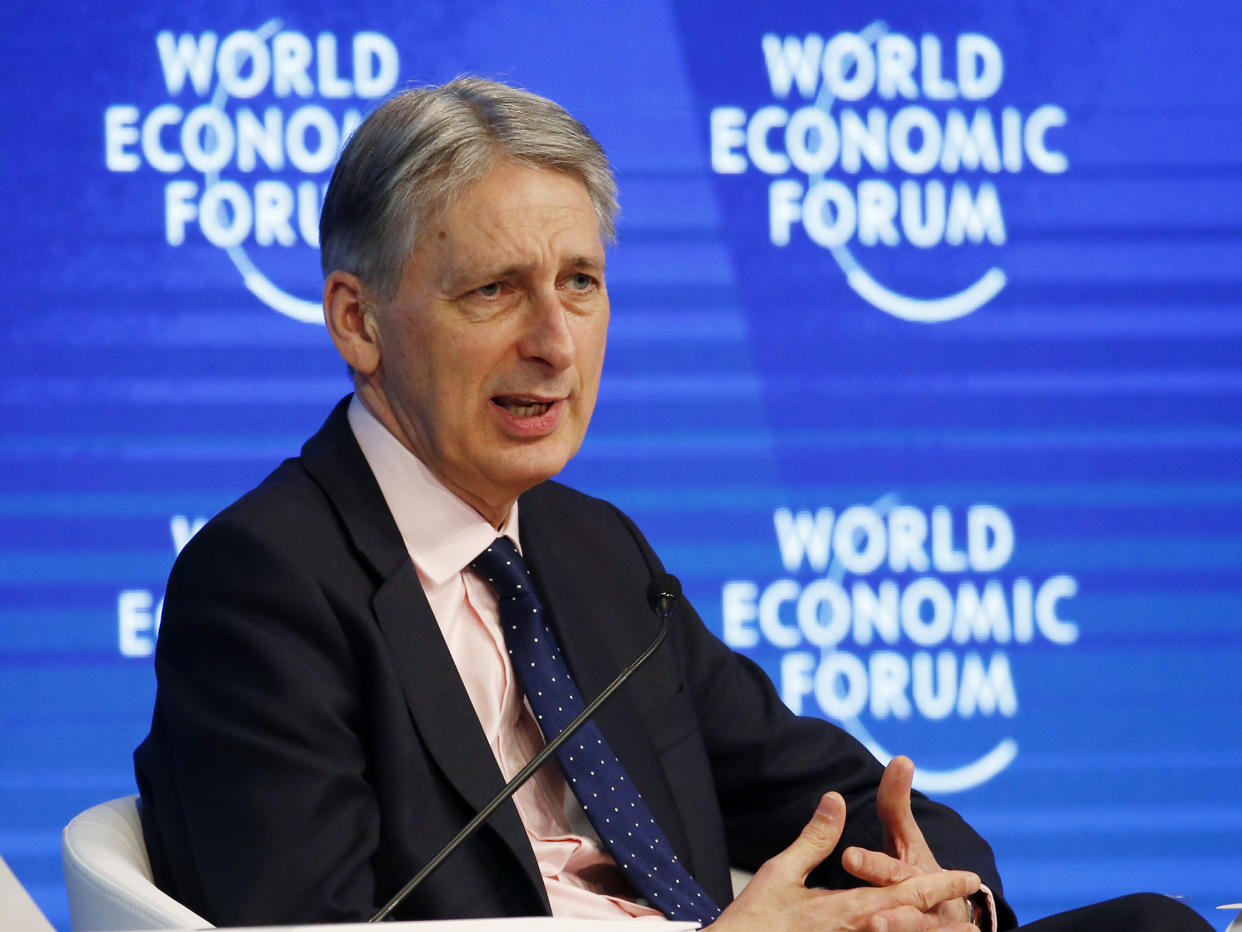The Government has no strategy to replace our membership of the single market

The one central fact about British industrial strategy is that there is no strategy that can compensate for the loss of access to the European single market. This is not a mere “remoan”. It is about the facts. The ability of British firms to operate in such a vast market improved productivity, attracted investment at home and from abroad, and allowed British businesses and households to benefit from fair competition and a “level playing field”. Only the United States has a comparable scale, and we do not yet have anything like comparable arrangements (though we can only hope that the unique chemistry between the overbearing and misogynist Donald Trump and the nervously feminist Theresa May will help. Unlikely, on balance).
No initiatives or subsidies that could conceivably be devised by the Department for Business, Energy and Industrial Strategy could conceivably compensate for that. Greg Clark, the sixth man to head the department in a decade, is unlikely to succeed where his predecessors failed to make any significant difference.
The reason, to use a high-profile example of success that the Government is fond of citing, that the motor industry is on the verge of reaching the peaks of production it last saw in 1972 is because of foreign investment. And one of the major reasons why the German, Indian, Japanese and American companies are operating in the UK is because it is an excellent base for exporting into the rest of Europe. Take that away, and substitute today’s easy movement of managers, technicians and designers with a system of work permits and regulations, and no number of apprenticeships or industry panels or new motorways will compensate for the loss of that competitive edge.
Under Peter Mandelson and Vince Cable, ministers did have some success in persuading Renault-Nissan to specialise in electric vehicle production in their flagship plant in Sunderland: but if there is no plant in Sunderland then there will be no technology cluster to make the UK a leader in this promising sector. Only a vast bribe could persuade Renault-Nissan to persevere, and that is hardly the point of industrial policy, or Brexit for that matter. It would make more sense to nationalise the British car industry (not a recommendation). Much the same goes for the City of London, aviation and the hi-tech sectors. For the most part, then, British industrial policy is even more irrelevant in the age of Brexit.
What might be more relevant as we approach the possibility of Brexit is to reset the British economic model, something that has been hinted at obliquely by the Prime Minister and the Chancellor in recent weeks. There is little concrete here, but, if Britain is to become the sort of free-wheeling, free-trading beacon of the world, and be nimble enough to cope with tariff and non-tariff barriers in the EU, then it will indeed have to transform itself into the “Singapore of Europe”. But that does not entail much, if any, traditional industrial intervention. Nor does it call for new workers’ rights and employees on the boards of listed companies, as Theresa May is promising. Or unfunded, vague promises to assist “just managing families”. It means a far more market-oriented, low cost, high productivity and high profit economy than has hitherto been envisaged.
It is about much more than slashing corporation tax. It is about a much more radical reduction in the burdens on industry and trade, including the bizarre and destructive system of business rates that is currently destroying businesses in high streets across the land. None of that bodes well for the future of public spending and public services, or the Jams who rely on them, at least in the short run.
All that said, there is still a case for strong public intervention where markets cannot operate, such as building infrastructure. Here, the Government is to be congratulated in pushing new transport, power and other projects where market forces cannot deliver. These investments will, in all likelihood, help support the economy in the short term and, like the Victorian railways now, continue to deliver an economic dividend into the 22nd century.
Still, it would be comforting to know that the £600m extra to be spent supporting the Northern Powerhouse and the £56bn due to be spent on HS2 had been subjected to a continuing analysis of their costs and benefits to the nation as a whole. After all, every penny of public money that goes into such projects has to come from taxing already successful and profitable enterprises. From Concord and the Humber bridge to the NHS IT project and the Millennium Dome, Britain has plenty of experience in wasting public money on a biblical scale.
Broadly, the British economy has done rather better since the days of regional policies, industrial intervention, corporatism and nationalisation faded away in the 1980s. The two most important factors in the British economic revival since then were, first, membership of the European Union and, second, the liberalisation and marketisation of the British economy we now know as Thatcherism. Both pushed British industry and commerce into being more competitive; both contributed to a broadly sustained increase in living standards over several decades; both reduced labour costs and drove flexibility in industrial relations; both are now being questioned, even reversed, and oddly enough, by a Conservative government.
As another female Conservative prime minister once said, it’s a funny old world.

 Yahoo News
Yahoo News 
